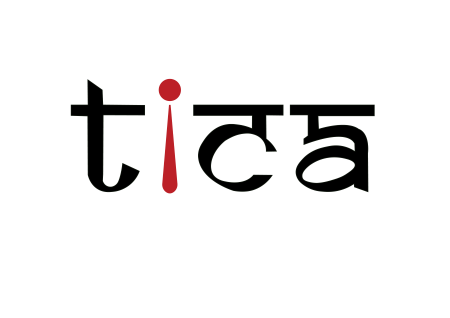
Design Democracy 2025 concludes in Hyderabad
Share
A Cultural Crossroads for India’s Creative Future
Hyderabad, September 7, 2025 — The curtains fell today on Design Democracy 2025, one of India’s most anticipated design and architecture festivals, held from September 5–7 at the HITEX Exhibition Centre. Over 120 brands, 80+ speakers, and nearly 15,000 visitors gathered to explore how design, craft, and culture shape contemporary life.
“Design is the silent language of beauty. It lifts a place beyond function, into feeling.”
- Shailja Patwari, Co-founder, Design Democracy
What Was Design Democracy 2025 About?
Founded in 2023 by Pallika Sreewastav, Shailja Patwari, and Arjun Rathi, Design Democracy was envisioned as India’s premier interdisciplinary platform connecting design, architecture, art, and craft.
The 2025 edition unfolded across three immersive pavilions—Atelier, Canvas, and Muse—each offering unique windows into material innovation, storytelling, and craftsmanship. The much-anticipated DD Talks featured 80+ sessions over two days, where architects, artists, and designers debated themes ranging from sustainability and slow design to global narratives and cultural futures.
Notable participants included Jaipur Rugs, The Charcoal Project by Sussanne Khan, AKFD + Anantaya, Ravish Vohra Homes, FAZO Project, and AMH Singapore.
What did DD Design Festival offer?
Across three immersive pavilions—Atelier, Canvas, and Muse—the festival offered audiences a rich mix of sustainable materials, interactive installations, and forward-looking architecture.
- The Gallery of Sustainability demonstrated how eco-conscious practices can be scaled, a theme championed by architect Pavitra Rajaram, who spoke passionately about circular design.
-
Nuru Karim’s installation, FLOW, became one of the most photographed highlights of the festival. Known for blending technology and organic form, Karim’s work reimagined space as fluid and ever-changing.
-
Sussanne Khan, interior designer and entrepreneur, drew attention to the importance of design as a lived experience, urging that “good design should bring both comfort and soul into our daily spaces.”
- Architect Reza Kabul offered a global perspective, discussing how Indian urban landscapes can be reimagined with inclusivity and resilience at their core.
-
Akshat Bhatt, principal architect of Architecture Discipline, emphasised the role of context in contemporary design, showing how architecture must remain rooted in its environment even as it innovates.
Why do such Design Events matter for India
India’s creative economy—spanning art, design, architecture, and crafts—is undergoing transformation. Platforms like Design Democracy are vital because they:
→ Showcase Indian craftsmanship on a global stage.
→ Create collaborative opportunities across disciplines.
→ Foster dialogues on sustainability, heritage, and innovation.
→ Support the integration of traditional crafts with modern design thinking.
→ Attract buyers, curators, and industry leaders, creating commercial momentum for artists and studios.
The Indian contemporary art scene already overlaps with design and architecture, where craft revival, material innovation, and storytelling form shared priorities. By nurturing these crossovers, Design Democracy not only celebrates culture but also accelerates market growth for creative professionals.
Design Democracy and Contemporary Indian Art: Effects on Artists, Architects & Designers
Design Democracy 2025 provided:
-
A platform to showcase portfolios and innovations to buyers and curators.
-
Networking through DD Ventures, opening pathways to mentorship, funding, and collaborations.
-
Exposure to global design practices via symposiums and cultural programming.
-
Commercial opportunities through B2B and B2C engagement.
-
A larger cultural network promoting sustainability and social impact.
-
This convergence of commerce, culture, and collaboration demonstrates why India’s creative sectors need such forums to scale talent, foster innovation, and build global recognition.
The Outcome for India’s Creative Ecosystem and related industries:
The festival reaffirms Hyderabad’s position as a growing design capital of India, showing how creativity can connect heritage with contemporary practice. It also highlights the importance of such gatherings for building cross-cultural connections, sparking industry collaborations, and strengthening India’s identity on the global design stage.
With its close of 2025, Design Democracy leaves behind not just exhibitions and talks but also a network of ideas, relationships, and inspirations that will ripple through India’s art, design, and architecture communities in the months to come.
READ MORE ON INDIAN ART, DESIGN AND CULTURAL EVENTS | ART WORLD NEWS
